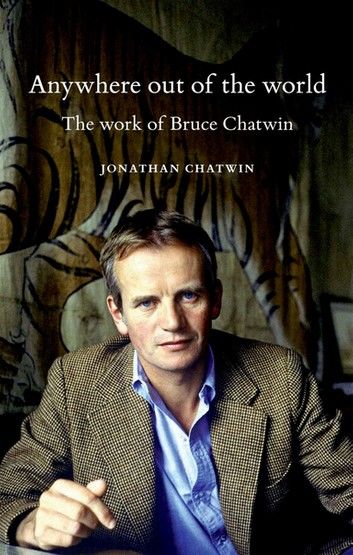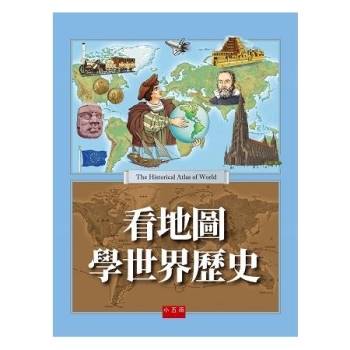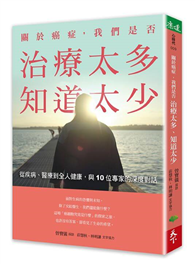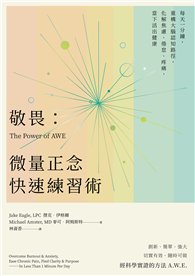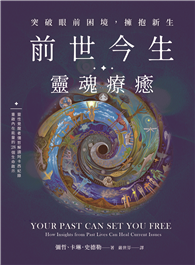By the time of his death in 1989 at the age of 48, Bruce Chatwin had become one of the most celebrated writers of the twentieth century. Though his career spanned a mere twelve years, his impact and influence was profoundly felt; Chatwin's first book In Patagonia 'redefined travel writing', it was said, whilst his later novel The Songlines became one of the literary sensations of the 1980s. Andrew Harvey wrote in the New York Times in 1987 that 'Nearly every writer of my generation in England has wanted, at some point, to be Bruce Chatwin; wanted, like him, to talk of Fez and Firdausi, Nigeria and Nuristan, with equal authority; wanted to be talked about, as he is, with raucous envy; wanted, above all, to have written his books'. Incorporating original and extensive archival research, as well as new interviews with his family and friends, Anywhere Out of the World provides the definitive critical perspective upon the literary life and work of this enigmatic and influential author. The work offers a chronological overview of Chatwin's literary career, from his first, ultimately aborted work The Nomadic Alternative - here discussed in detail for the first time - through to his final novel Utz. In subjecting his work to such analysis, the study uncovers a striking thematic commonality in Chatwin's oeuvre: his work is fundamentally preoccupied with the subject of human restlessness. This volume provides detailed insight into Chatwin's treatment of the subject in his work, identifying and discussing the biographical and philosophical sources of this defining preoccupation.
